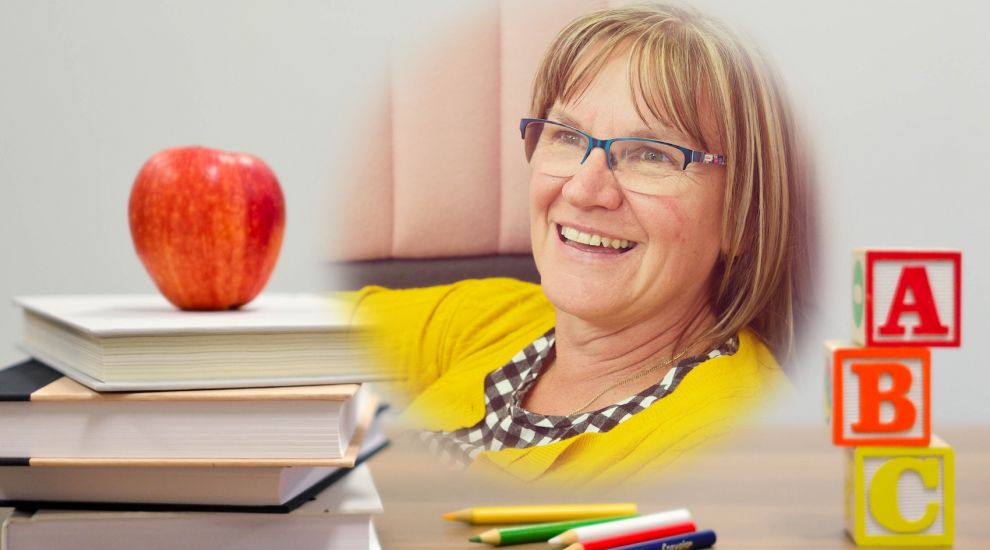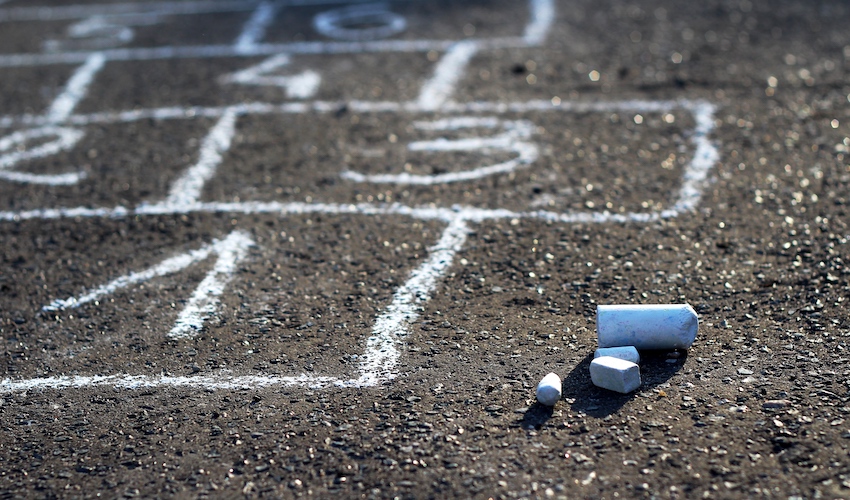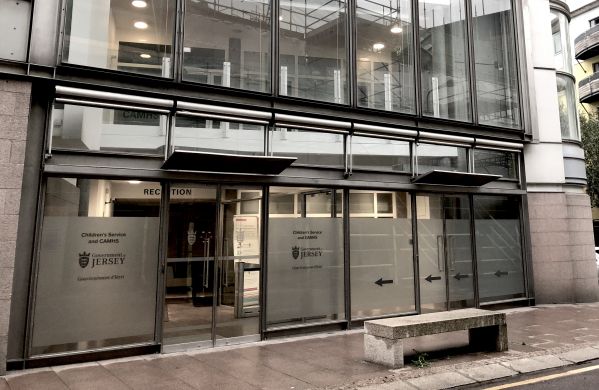


Jersey laws governing housing, education and mental health are failing to protect young people, according to the Children’s Commissioner, who has written to the United Nations before they audit the island.
Deborah McMillan has briefed the UN Committee on the Rights of the Child, who have to judge if Jersey meets the criteria of the UN Convention on the Rights of the Child, which the States signed up to in 2014.
Her 23-page report to the UN includes an assessment on progress and suggested questions that the Geneva-based committee should ask the Government.
It covers a wide range of issues including poverty, bullying, education, housing and health, and highlights the impact of the covid pandemic on children’s mental health and household finances.
The Commissioner does recognise that: "Jersey has made real progress on human rights and children’s rights in recent years, and it is important that progress continues."

Pictured: Education and bullying were among the areas looked at by the Children's Commissioner.
However, areas of concern include support for families who do not qualify for income support and the impact of the pandemic on them, the availability and cost of housing and children’s rights to healthcare.
The Commissioner, for example, says that it is discriminatory that a child’s access to free healthcare is based on how long their parents have been living and working in Jersey.
She highlights a provision that an unqualified mother is only eligible for free maternity and post-natal care if neither she nor her baby have any previously diagnosed conditions that could require specialist care.
Mrs McMillan tells the UN that young people have told her that their experiences of mental health services are positive, however, she has a number of criticisms: for example, the office of Child and Adolescent Mental Health Services is on a bus route in a glass-fronted building and the reception is visible from the pavement.

Pictured: Ms McMillan found fault with the current CAMHS building.
Other measures she wants the UN to probe the Government on include how children who don’t speak English are supported, what Jersey is doing to recruit and retain care workers, and how the Island is tackling bullying, domestic violence and poor nutrition in families.
The Commissioner also argues that the statutory age of criminality in Jersey should be raised from ten to 14.
The UN will now prepare a ‘List of Issues’ that it will ask the Government to report back to them on. Much of the Government’s strategy for ‘putting children first’ - one of its five 'common strategic priorities' - will be debated this week as part of the Government Plan, which will define public spending for the next four years.
Comments
Comments on this story express the views of the commentator only, not Bailiwick Publishing. We are unable to guarantee the accuracy of any of those comments.